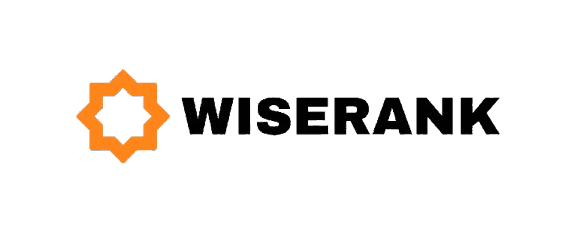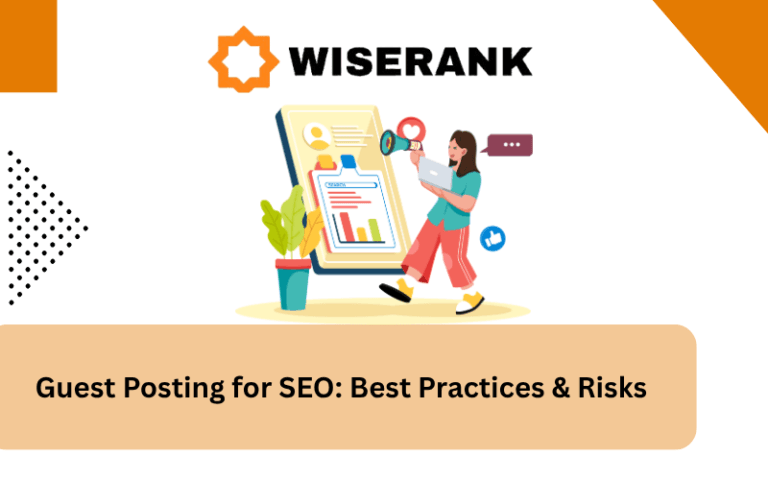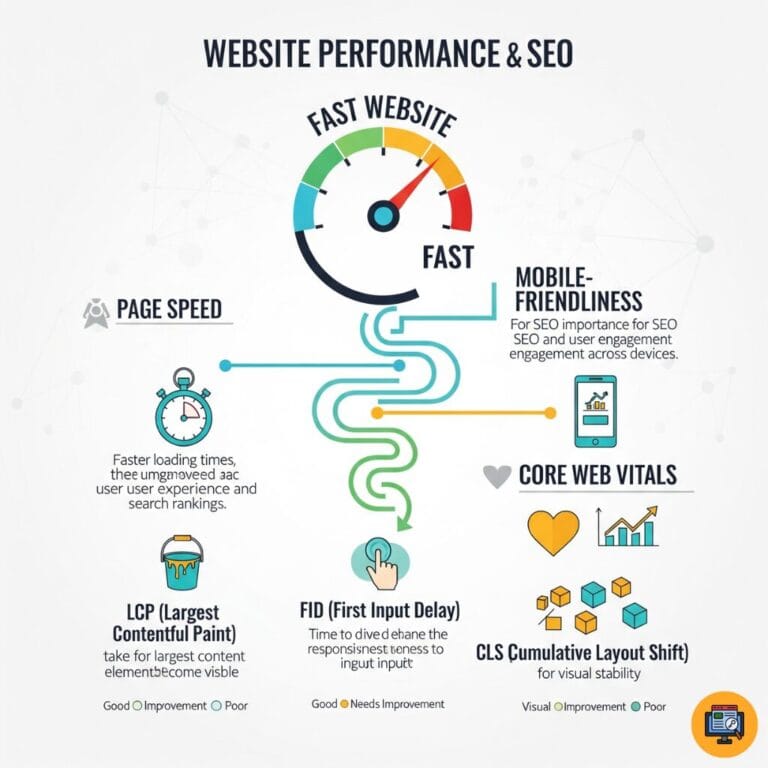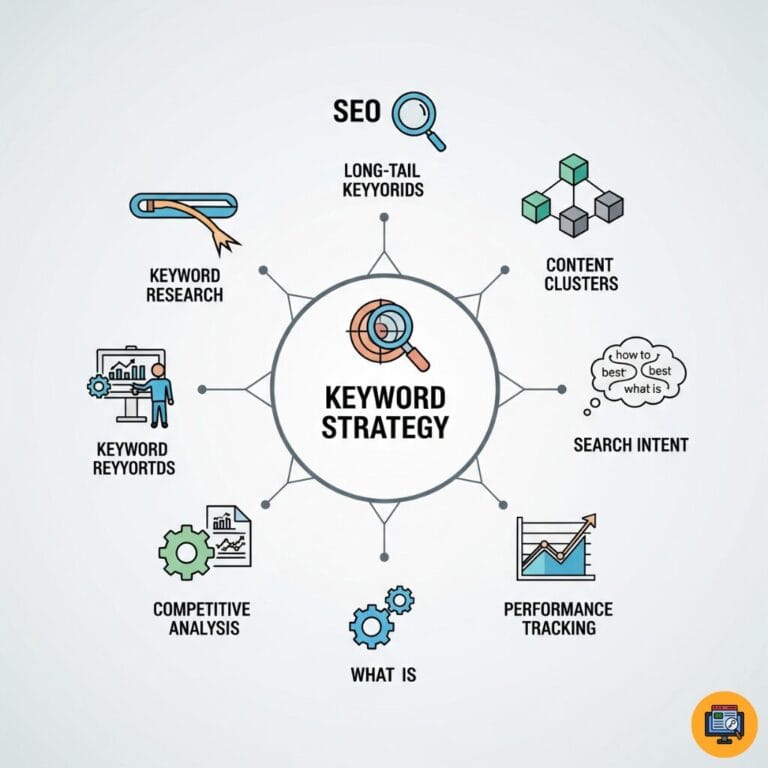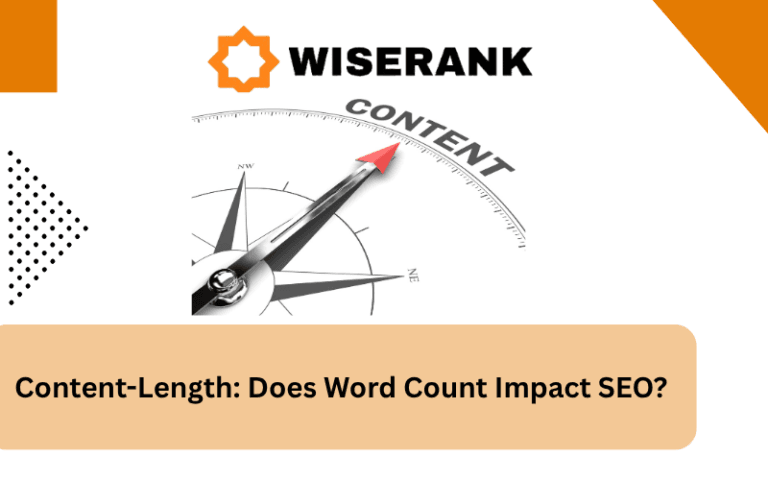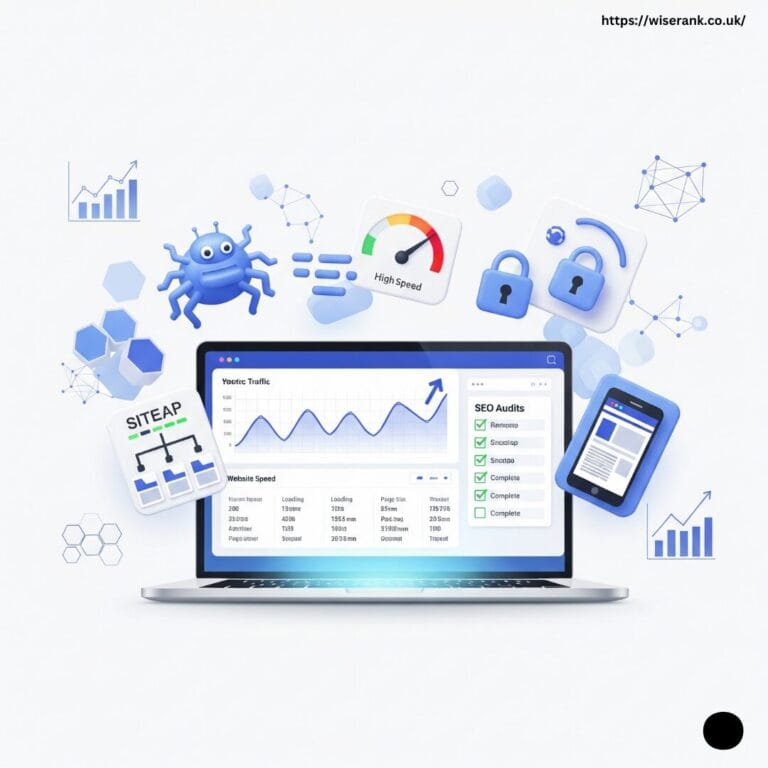Understanding Off-Page and On-Page SEO Fundamentals
On-page SEO involves optimizing elements directly on your website including content quality, technical performance, and user experience. Off-page SEO encompasses activities outside your site like building backlinks, earning brand mentions, and establishing authority.
The debate about which matters more misses a critical point: both are essential for sustainable search success. Ranking requires excellence in both areas, with timing and priorities shifting based on specific situations.
What On-Page SEO Controls?
On-page optimization gives complete control over ranking factors directly on your website through content, technical elements, and user experience improvements.
Core On-Page Elements
Content quality and depth determine topic relevance, title tags and meta descriptions influence click-through rates, header tag structure organizes information clearly, URL structure affects crawlability and understanding, internal linking distributes authority and navigation, image optimization with alt text improves accessibility, page speed and Core Web Vitals impact user experience, mobile responsiveness ensures cross-device functionality, and schema markup helps search engines understand content context.
On-Page Advantages
Changes implement immediately under your control, results appear relatively quickly after optimization, no dependence on external sites or relationships, testing and refinement happen rapidly, and cost primarily involves time and resources.
What Off-Page SEO Builds?
Off-page optimization creates external signals that search engines use to evaluate your site’s authority, popularity, and trustworthiness.
Core Off-Page Elements
Backlinks from other websites signal authority and trust, brand mentions with or without links indicate awareness, social media signals show content engagement, online reviews demonstrate reputation, guest posting builds relationships and visibility, digital PR generates media coverage, influencer partnerships amplify reach, and community participation establishes expertise.
Off-Page Advantages
Authority signals that cannot be self-created, trust indicators from third-party validation, competitive differentiation through unique link profiles, brand awareness extending beyond search, and referral traffic from diverse sources all contribute.
How Google Evaluates Both Factors?
Search engine algorithms analyze hundreds of ranking signals split between on-page relevance and off-page authority indicators.
On-Page Ranking Signals
Content relevance to search queries, keyword usage and topic coverage, technical performance metrics, user experience indicators, mobile usability scores, page loading speed, structured data implementation, and internal site architecture all influence rankings.
Off-Page Ranking Signals
Backlink quantity and quality, referring domain authority, link relevance and context, brand mention frequency, social proof and engagement, online reputation signals, and external content citations all matter significantly.
The Relationship Between Both
Strong on-page optimization makes off-page efforts more effective, quality content attracts natural backlinks easier, off-page authority can temporarily boost weak content, but long-term success requires strength in both areas working together synergistically.
When On-Page SEO Matters Most?
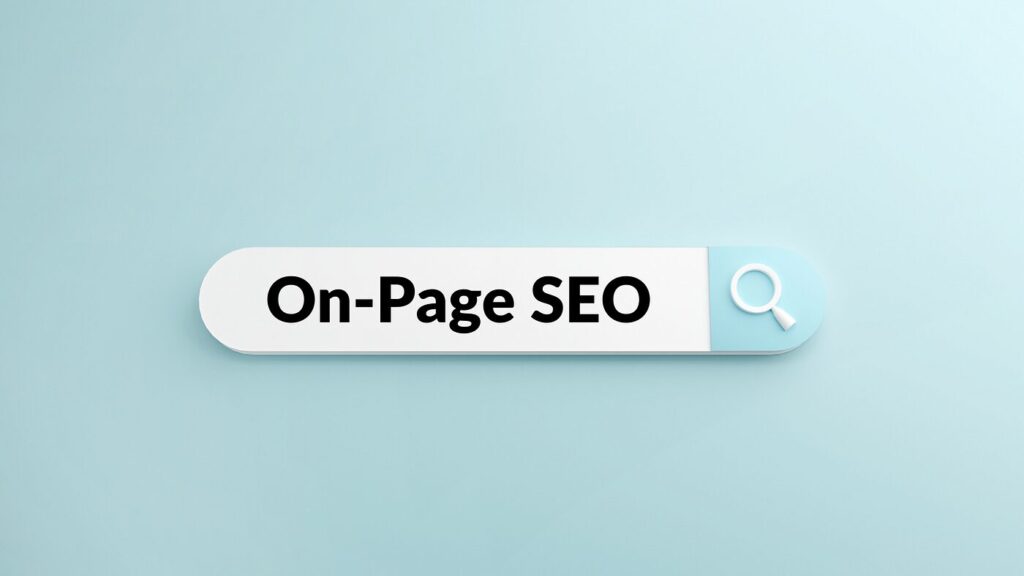
Certain situations demand prioritizing on-page optimization over off-page link building efforts.
New Website Launch
Build solid on-page foundation before pursuing links:
- Establish quality content worth linking to
- Fix technical issues preventing indexing
- Optimize site structure and navigation
- Ensure mobile responsiveness works perfectly
- Implement Core Web Vitals optimization
- Create comprehensive topic coverage
- Develop linkable asset pages
Low Competition Keywords
Less competitive terms rank primarily through on-page excellence, strong content can win without extensive backlinks, technical optimization provides sufficient advantage, and user experience improvements differentiate content.
Content Updates
Refreshing existing content shows faster results than building new links, updating information improves rankings quickly, adding depth enhances topical authority, and improving user experience reduces bounce rates.
When Off-Page SEO Becomes Critical?
Specific scenarios require shifting focus toward building external authority and backlinks.
Highly Competitive Keywords
Competitive terms require strong backlink profiles, on-page perfection alone proves insufficient, established competitors dominate through authority, and breaking into top rankings demands external validation.
Authority Building
New sites need credibility signals from trusted sources, establishing industry expertise requires external recognition, building brand awareness extends beyond owned properties, and third-party validation carries unique weight.
Ranking Plateaus
Sites stuck at positions 4-10 often need authority boost, perfect on-page optimization hit its ceiling, additional backlinks push past competitors, and external signals break through barriers.
Quick Wins: Fastest Results from Each Approach
Understanding timeline differences helps set realistic expectations and choose tactics matching urgency needs.
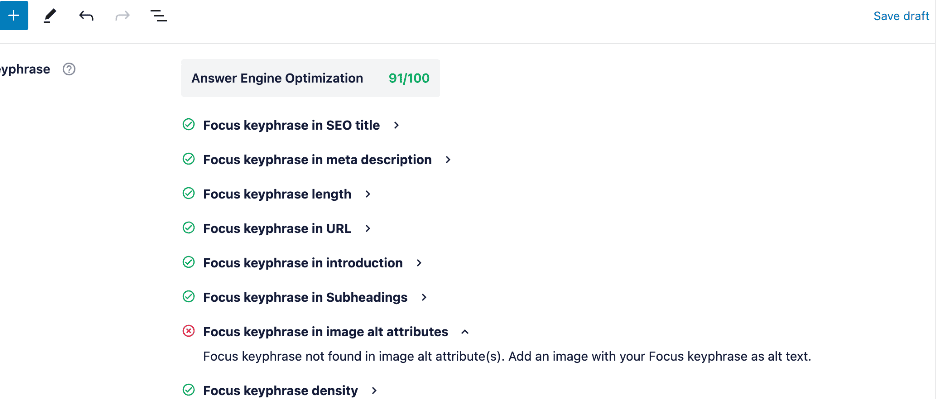
Both strategies deliver results at different speeds based on implementation complexity and search engine processing.
On-Page Quick Wins (Faster Results)
Immediate impact opportunities from on-page optimization:
- Title tag and meta description updates (1-2 weeks)
- Page speed improvements and compression (days to 2 weeks)
- Content updates with fresh information (2-4 weeks)
- Mobile optimization fixes (1-3 weeks)
- Header tag restructuring (1-2 weeks)
- Internal linking improvements (2-3 weeks)
- Image optimization and alt text (1-2 weeks)
Off-Page Quick Wins (Longer Timeline)
Strategic off-page tactics with faster turnaround:
- High-authority guest post placement (4-6 weeks)
- HARO media placement (2-8 weeks)
- Broken link building outreach (3-6 weeks)
- Niche directory submissions (2-4 weeks)
- Podcast guesting with show notes (4-8 weeks)
- Resource page link insertion (3-5 weeks)
- Brand mention conversion to links (2-4 weeks)
The Timeline Difference
On-page and off-page SEO operate on different timeframes affecting strategy and expectations.
On-Page Results Timeline
Technical fixes show impact within days to weeks, content improvements reflect in 2-4 weeks, Core Web Vitals optimization updates with crawling cycles, and title tag changes appear relatively quickly.
Off-Page Results Timeline
Link building shows results in 4-12 weeks typically, authority accumulation requires months of consistent effort, brand awareness builds gradually over time, and compounding effects appear long-term.
Resource Allocation Strategy
Balancing time and budget between on-page and off-page optimization maximizes overall effectiveness.
Starting Recommendations
Allocate 70% resources to on-page initially for new sites, ensure strong foundation before link building, create quality content worth promoting, fix technical issues preventing success, and establish solid user experience.
Mature Site Balance
Shift toward 50-50 allocation as foundation strengthens, maintain on-page quality while building authority, continuously improve existing content, and pursue strategic link opportunities.
Competitive Situations
Increase off-page to 60-70% for competitive terms, maintain on-page excellence as baseline, focus link building on strategic targets, and leverage content for earning opportunities.
Common Mistakes in Prioritization
Misunderstanding the relationship between on-page and off-page creates strategic errors.
Critical Errors to Avoid
Ignoring on-page completely while building links, pursuing links before content quality merits them, neglecting technical issues that waste link value, over-optimizing on-page while avoiding link building, treating SEO as either-or rather than both-and, and expecting quick results from either approach all hurt outcomes.
The Foundation Fallacy
Some believe perfecting on-page eliminates need for links, perfect content rarely ranks for competitive terms without authority, competitors with solid on-page and links win, and sustainable success requires both elements working together.
Measuring Success in Each Area
Track specific metrics to evaluate on-page and off-page performance independently and together.
On-Page Performance Metrics
Monitor organic traffic growth, track keyword ranking improvements, measure Core Web Vitals scores, assess bounce rate and dwell time, evaluate page loading speed, and review technical SEO health.
Off-Page Performance Metrics
Count referring domain growth, measure domain authority changes, track brand mention frequency, assess referral traffic volume, monitor social engagement levels, and evaluate link quality metrics.
Building Your Balanced SEO Strategy
Create comprehensive approach integrating both on-page excellence and off-page authority for sustainable results.
Start with on-page foundation through technical fixes, quality content creation, Core Web Vitals optimization, and mobile responsiveness. Then build off-page authority via link-worthy content, strategic relationship building, digital PR, and consistent brand efforts.
Neither on-page nor off-page SEO matters more absolutely. Success requires excellence in both areas working together, with resource allocation shifting based on your specific situation, competitive landscape, and current needs.
